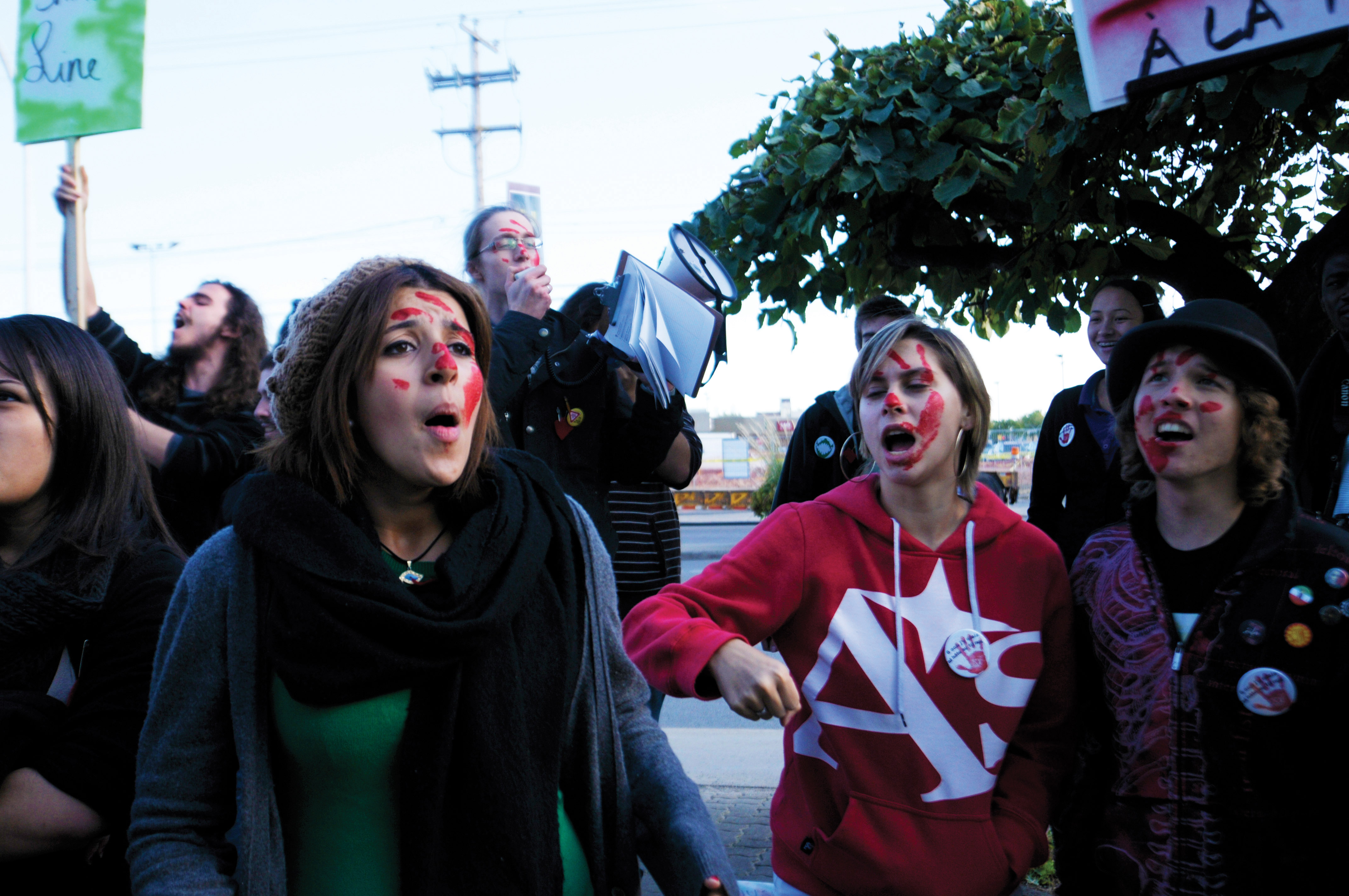Council rejects ConU’s academic plan
CSU council voted not to endorse the university’s proposed academic plan for 2011-16 at their Wednesday council meeting. Presented at the meeting by Concordia’s provost and VP of academic affairs David Graham, the goal of the plan is to have Concordia recognized as one of Canada’s top five comprehensive universities by 2016. It aims to achieve this through the expansion of graduate and research studies, and the evaluation and restructuring of academic programs, among other initiatives.
Councillors were underwhelmed by the plan, and expressed concern that it was formed without much student input. It was also pointed out that Concordia’s president would have absolute veto power to make changes to the plan, something the CSU took issue with. In the motion passed at council, the CSU asked for at least one undergraduate and one graduate student to be added to the academic plan working group, and for the creation of a budget “that specifies from where funding for the plan will come.” The plan will be presented to Concordia’s Senate for adoption on Nov. 4.
CSU president defends MSA
Student union president Lex Gill addressed questions at last week’s meeting regarding Concordia’s Muslim Students Association’s involvement with a controversial Islamic conference. Gill stated that Concordia’s involvement in “hosting” the event, which was reported on by news sources across Canada, had not been accurately portrayed in the media.
The Islamic Education and Research Academy’s Canadian tour had scheduled a stop at Concordia University on Oct. 21. The news garnered media attention as several of the clerics slated to speak at the conference had allegedly made homophobic and anti-Semitic remarks in the past.
“The event itself was not organized by the MSA, the event was not sponsored by the MSA, the organizers did not have any direct interactions with the MSA,” Gill explained. “The only act performed by the Muslim Students Association at Concordia was to pre-emptively book a room in the MB building.”
According to Gill, who spoke to MSA president Musab Abu-Thuraia after receiving concerned calls from university administration regarding the conference, the MSA had yet to approve the meeting and had only booked a room. The decision was made soon after by MSA executives to not hold the event at Concordia. Gill explained that reserving rooms for events well ahead of time is common practice at the university, describing the booking policies at Hospitality Concordia as “difficult.”
